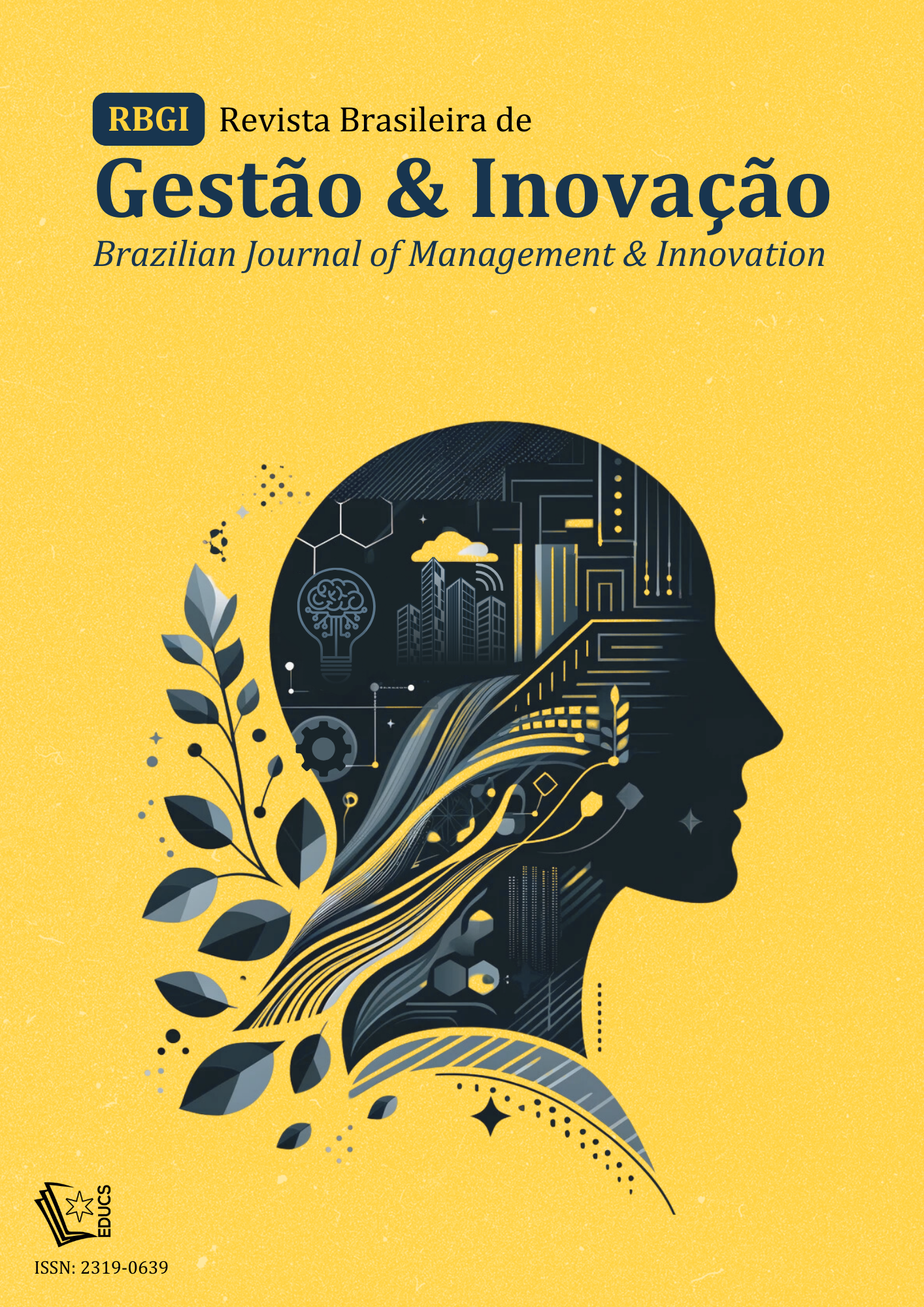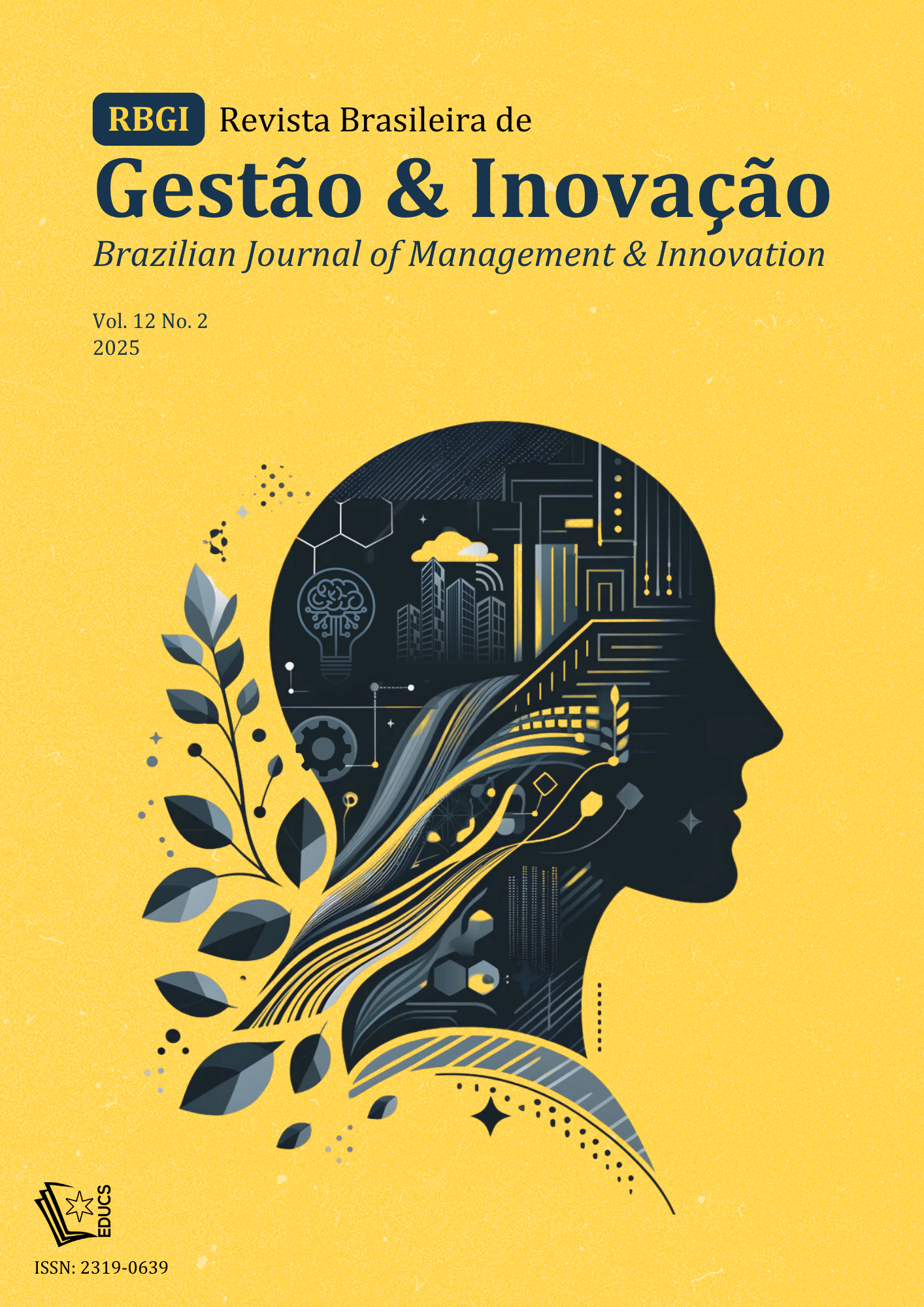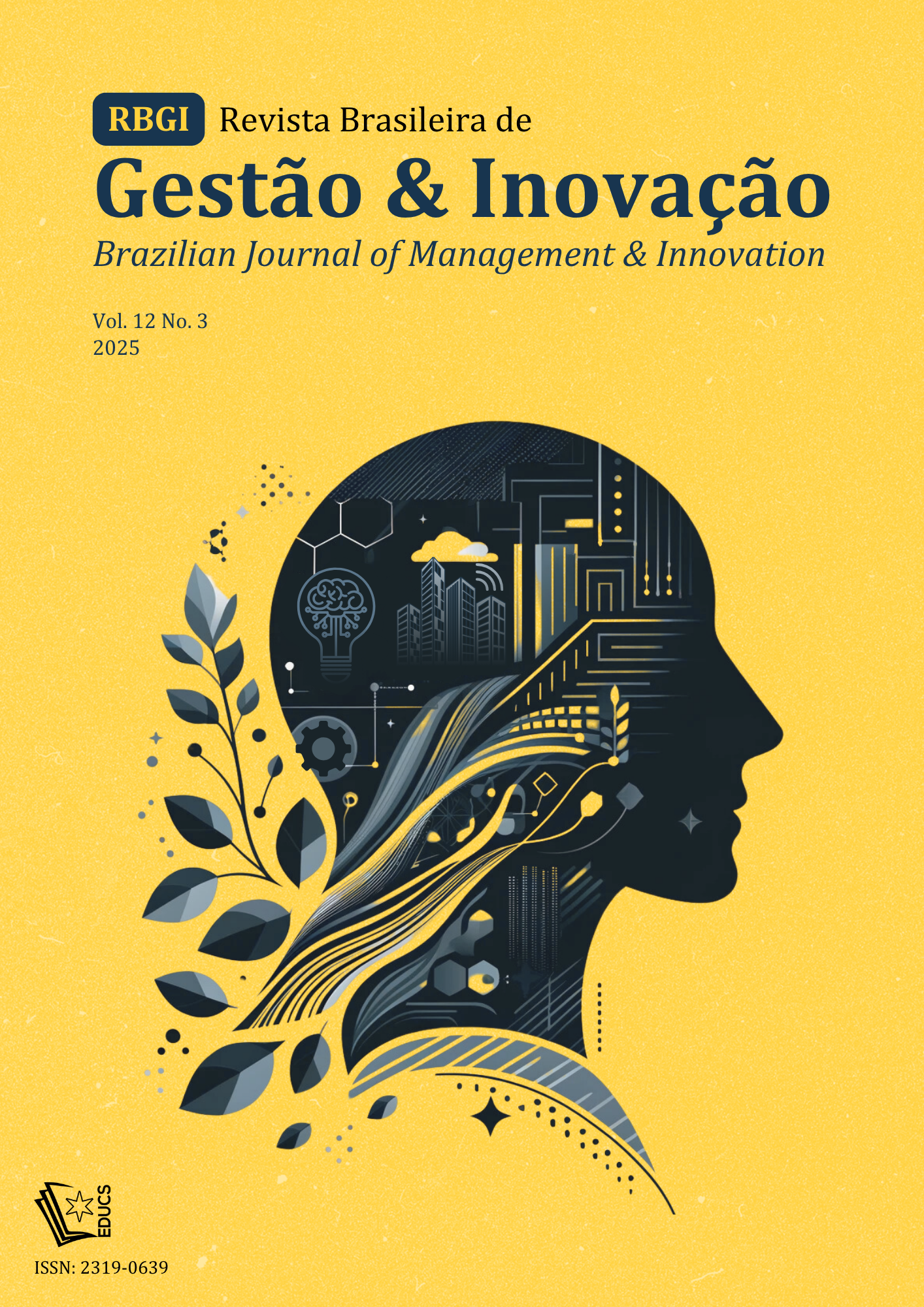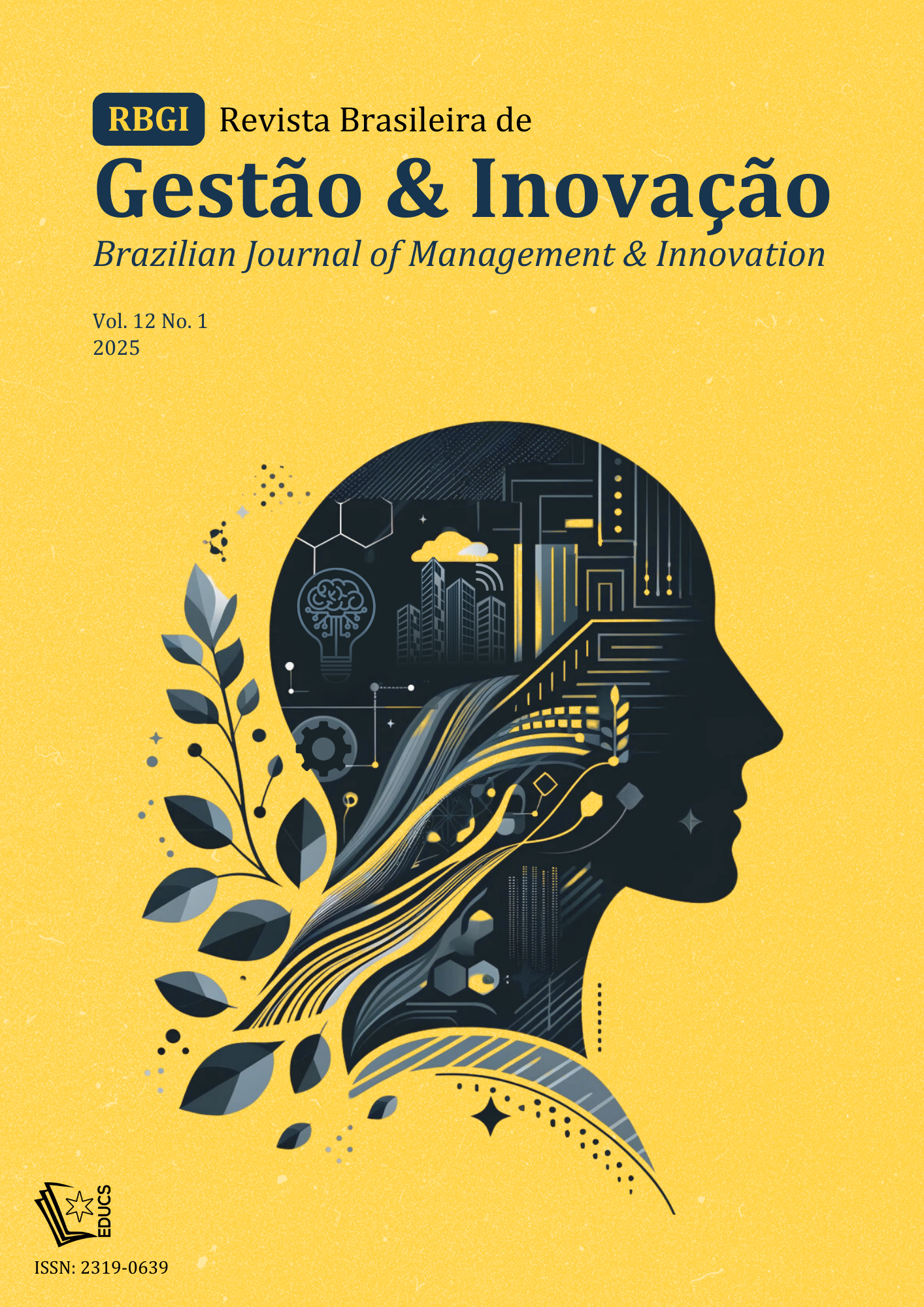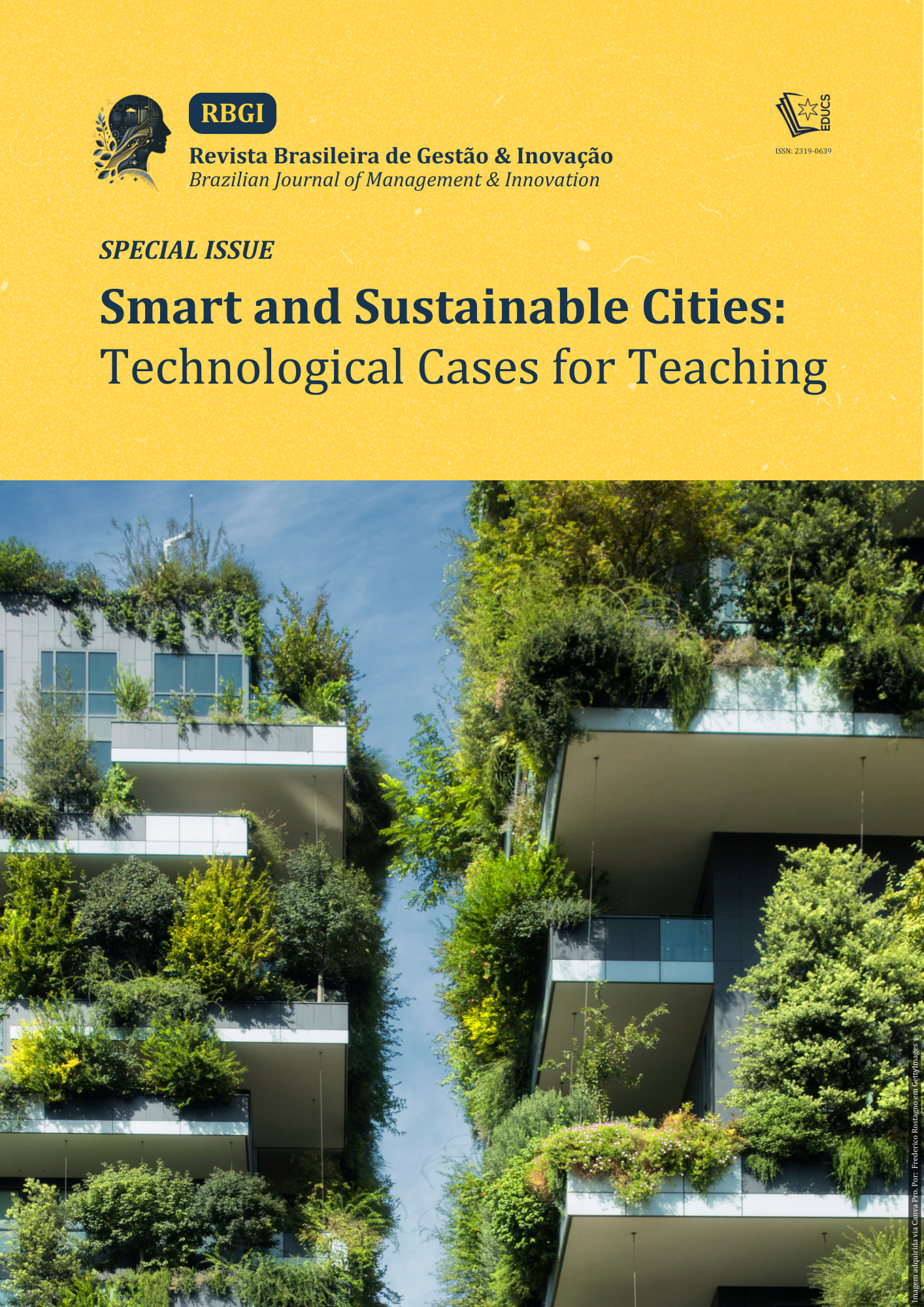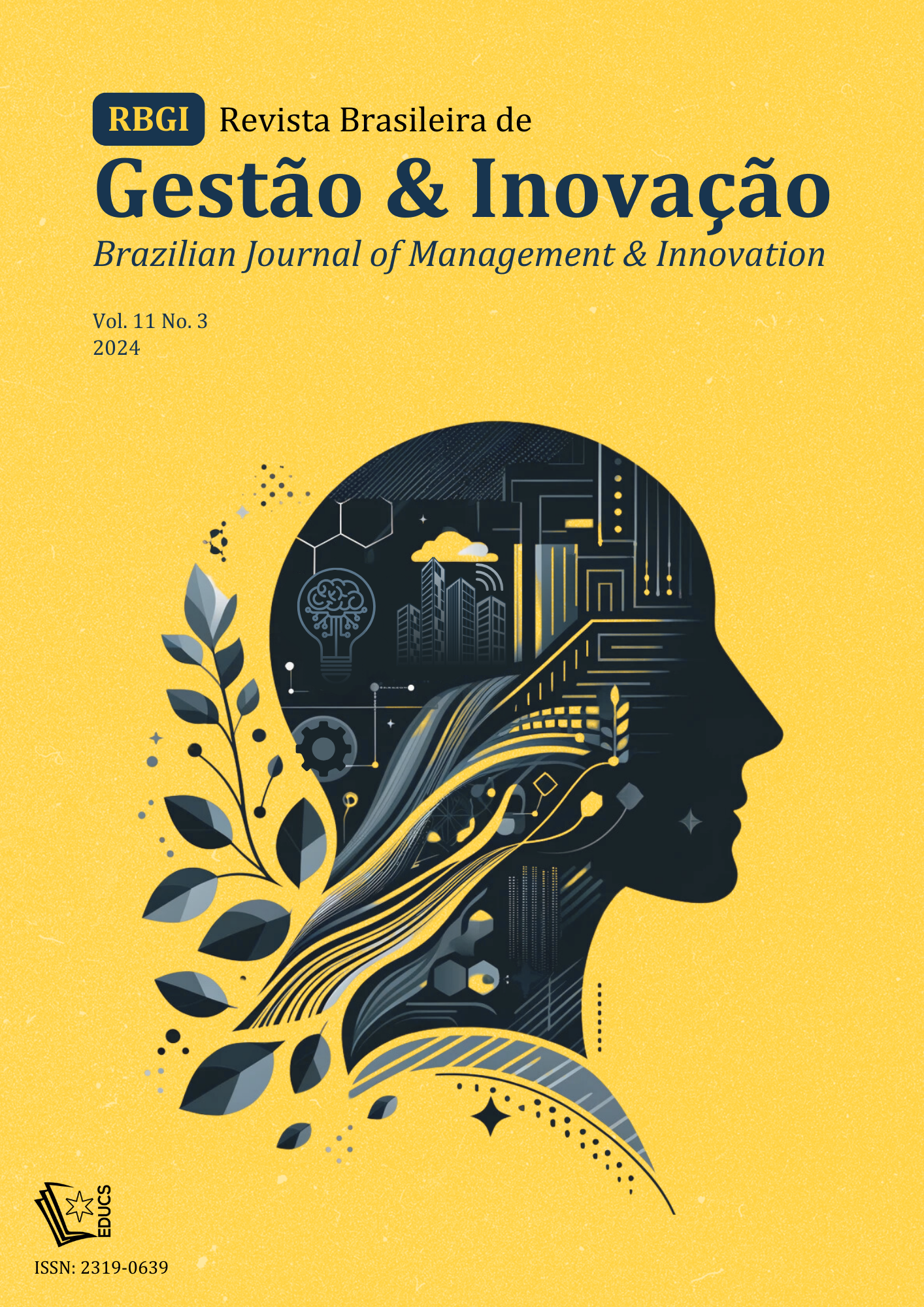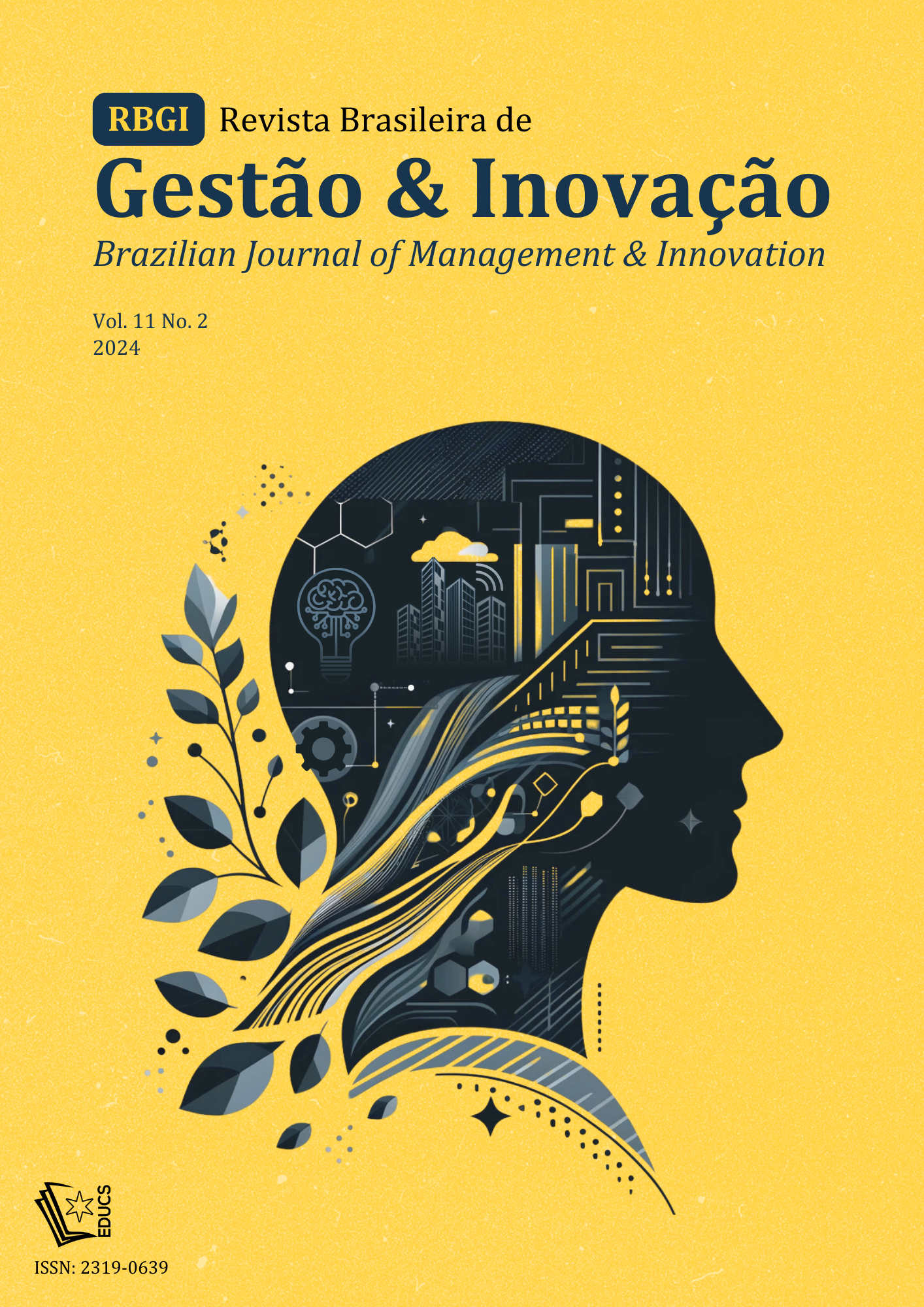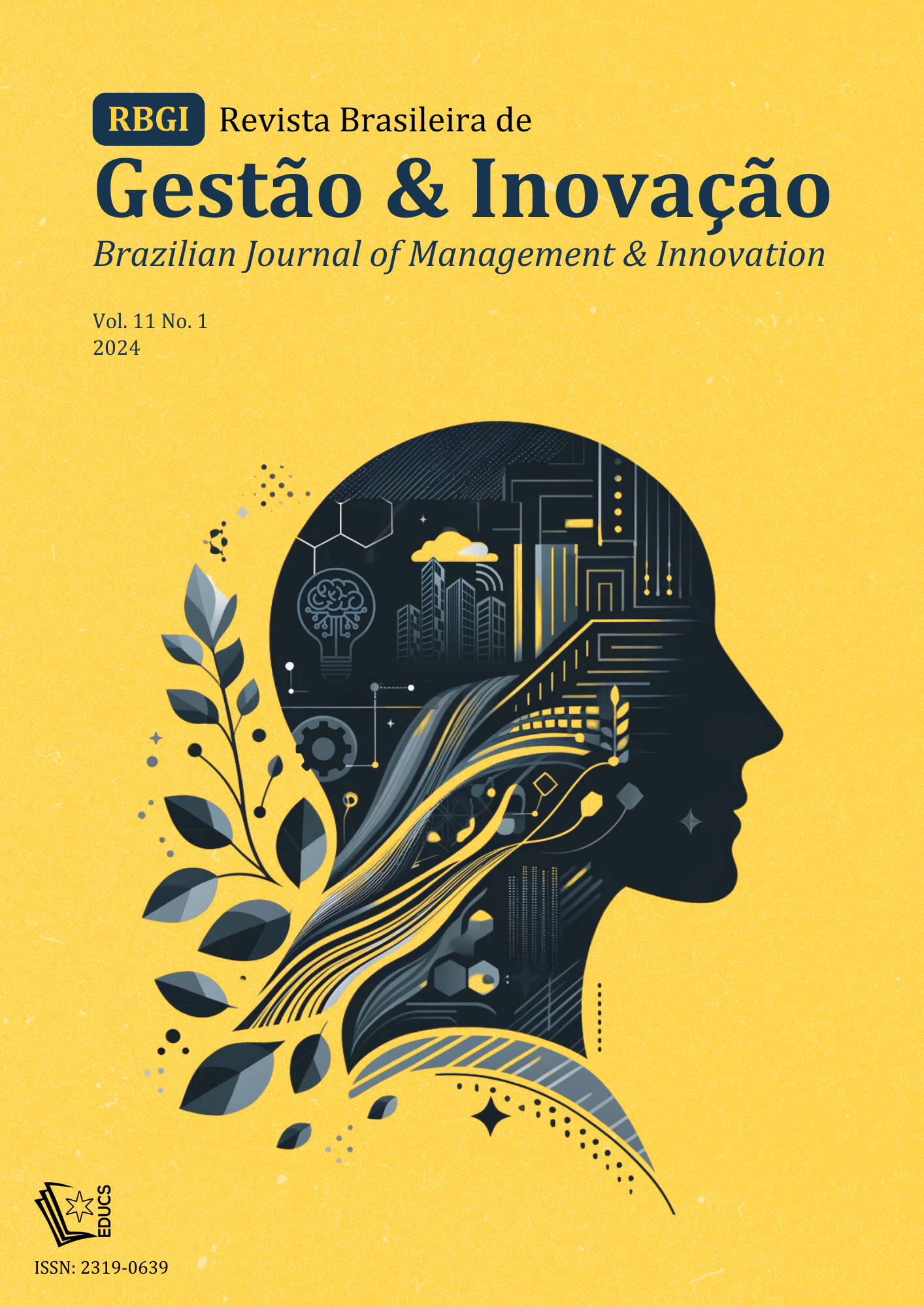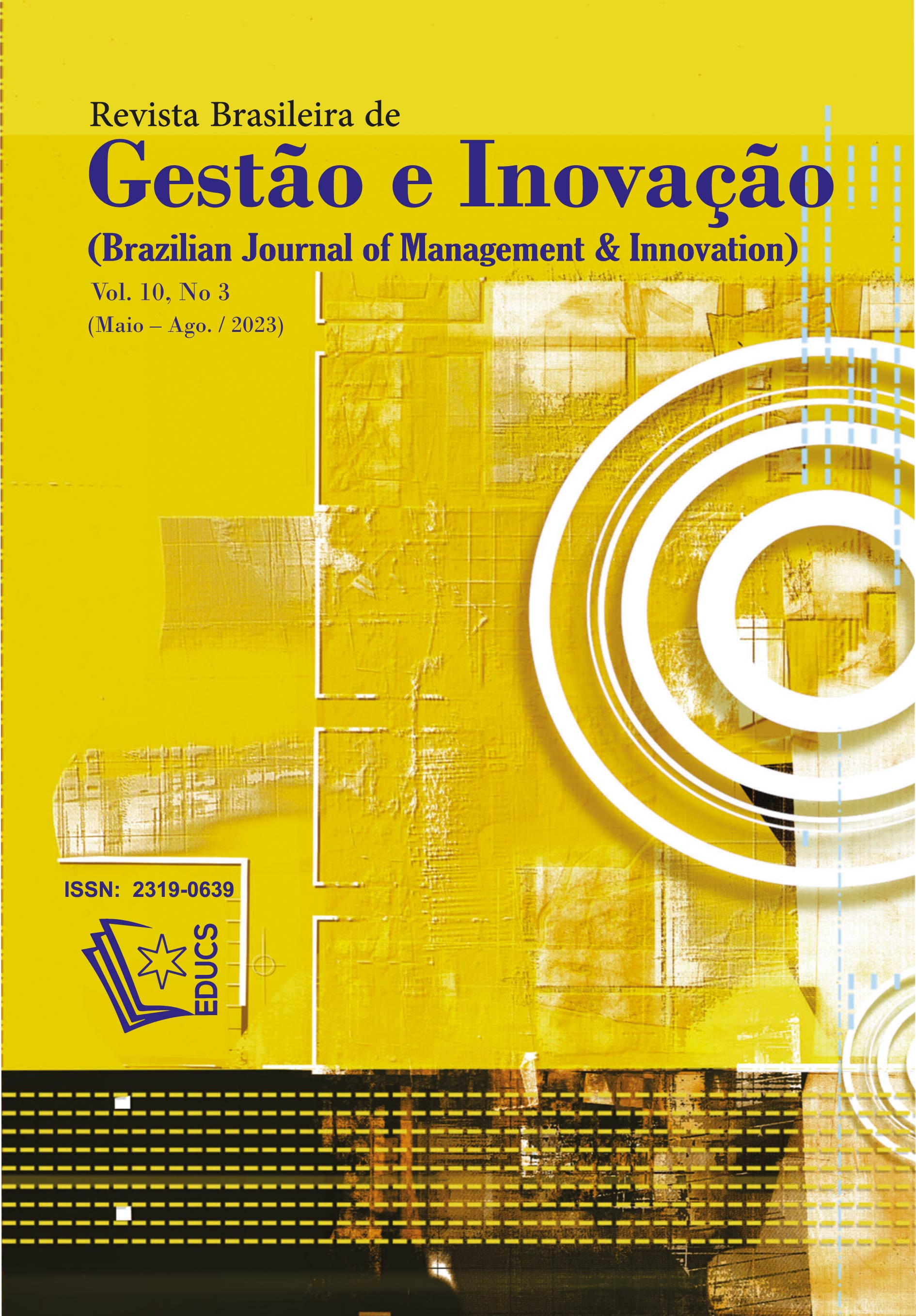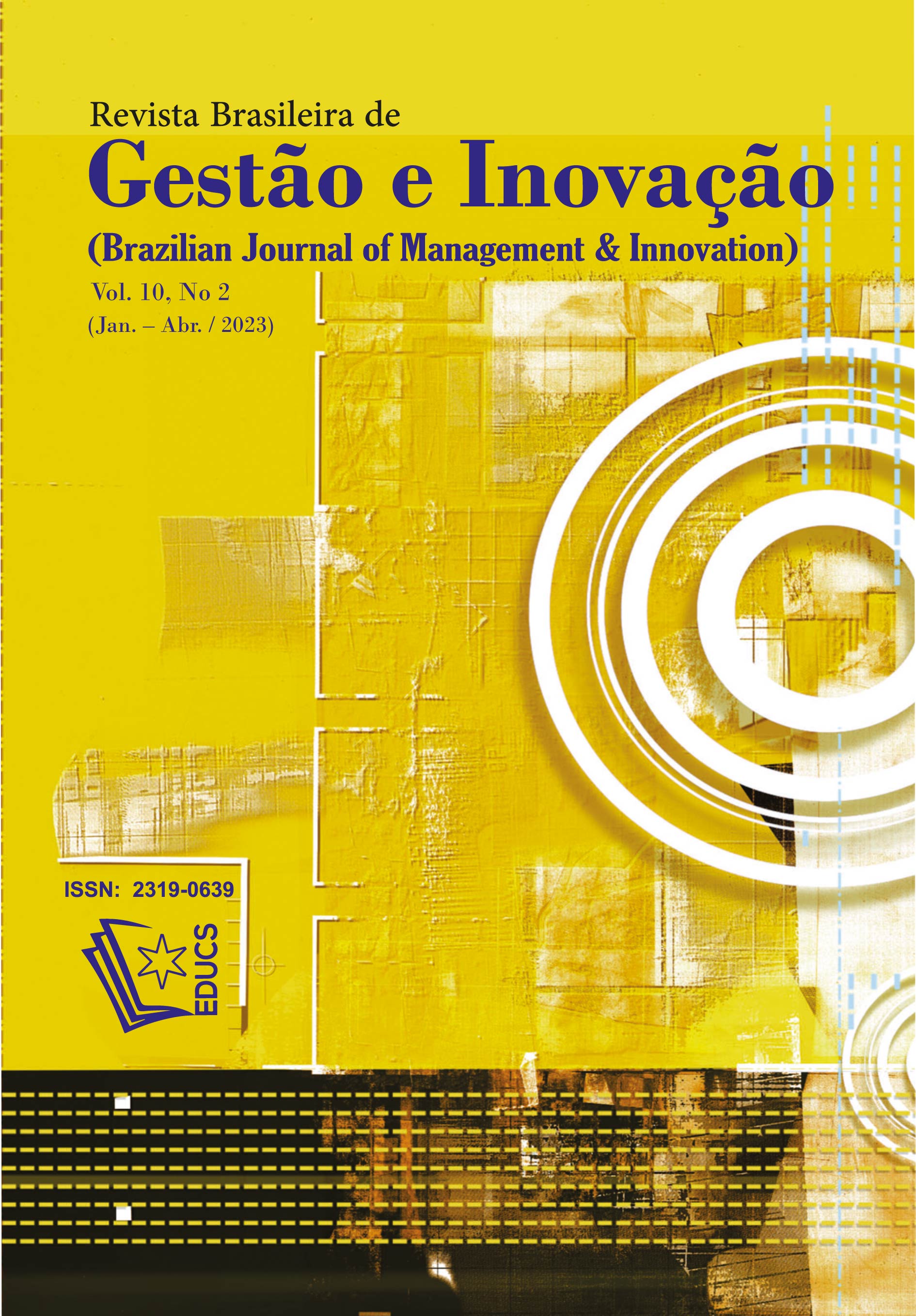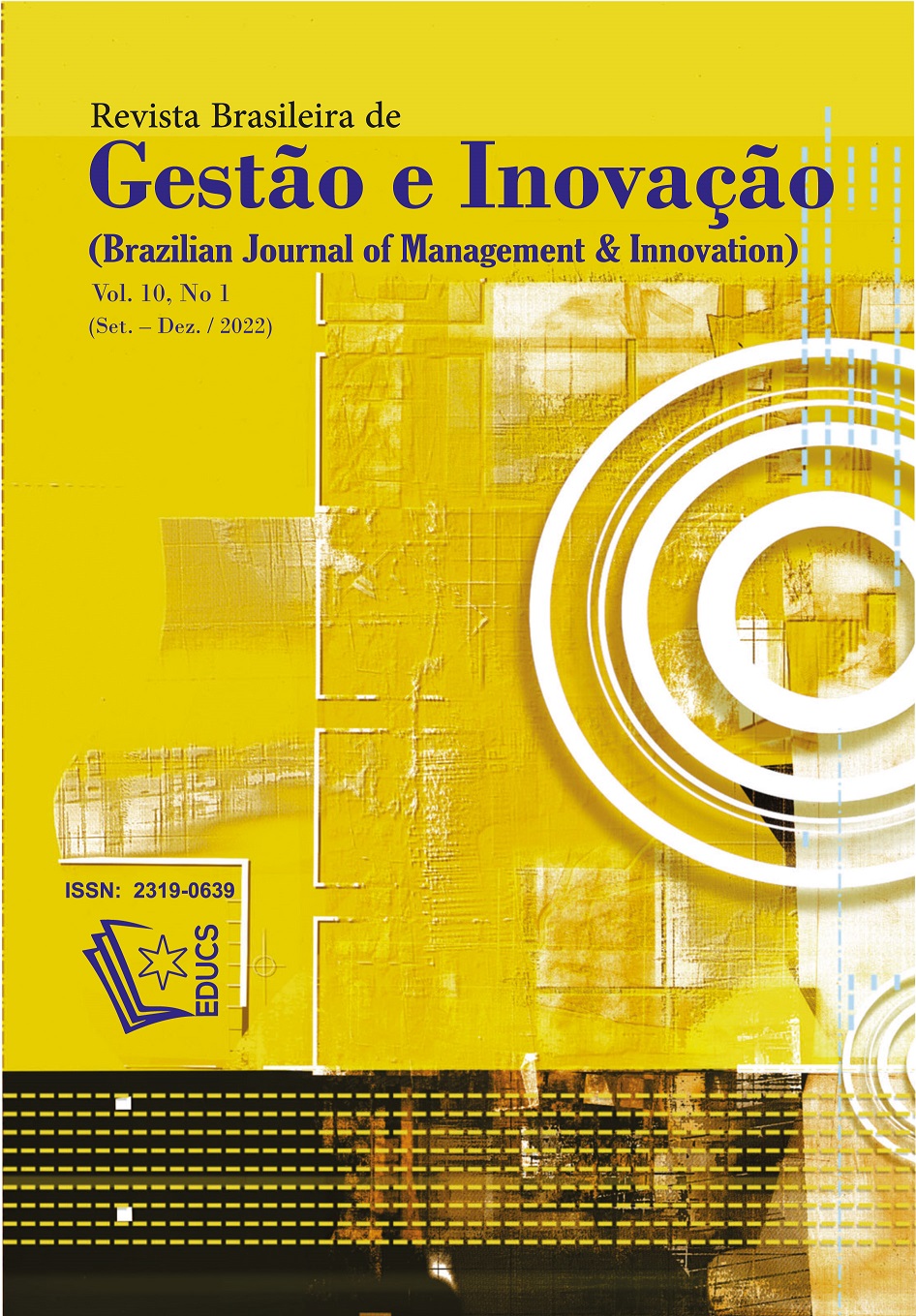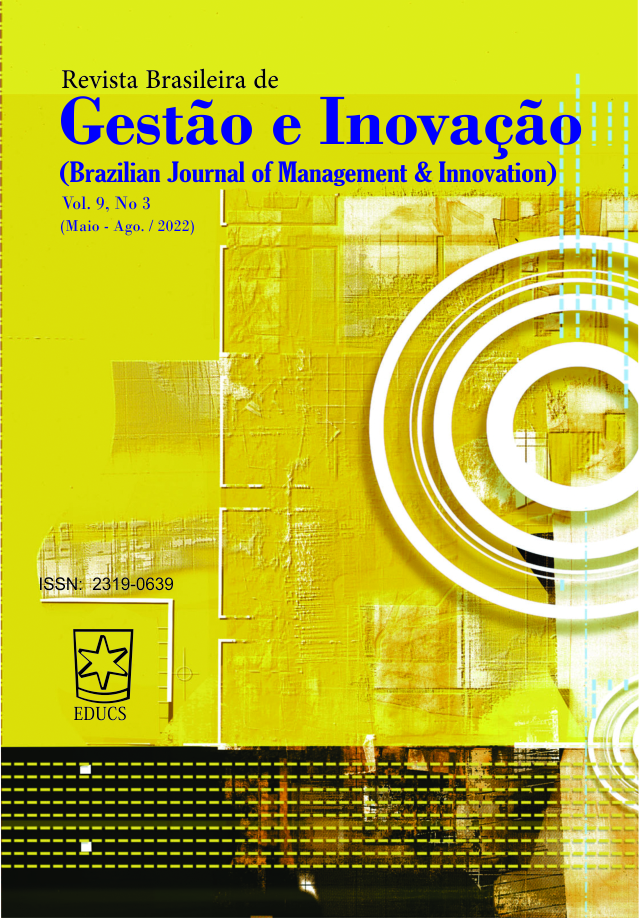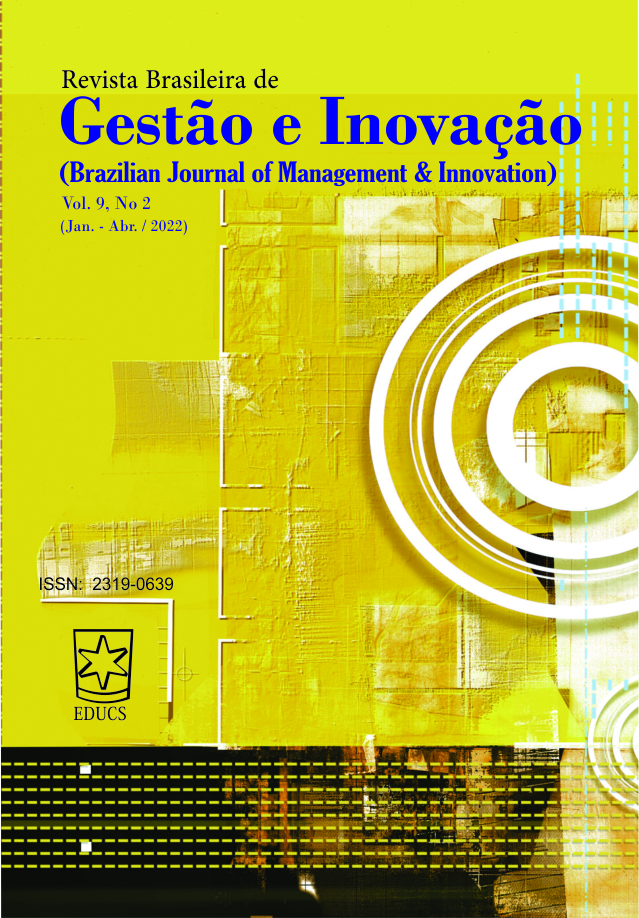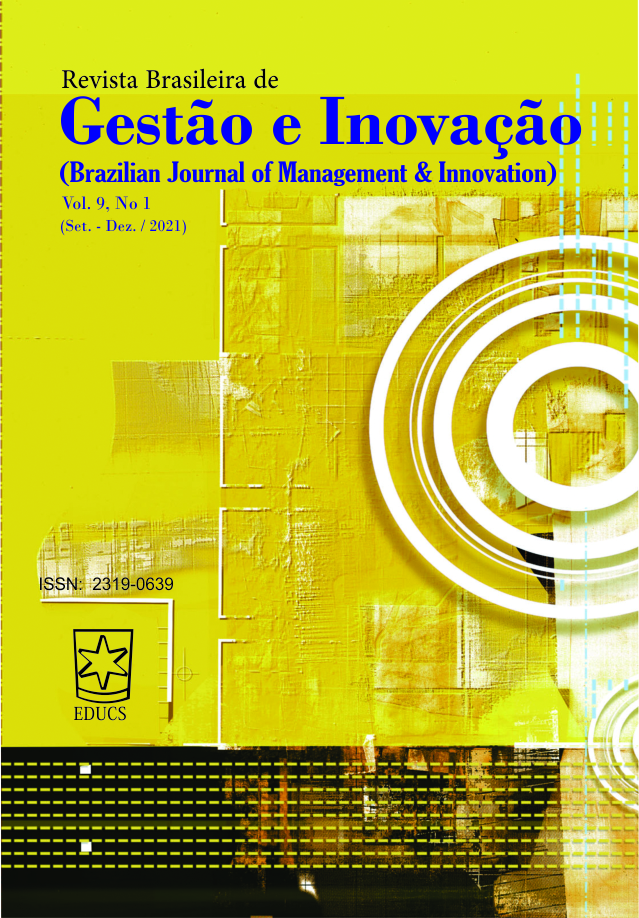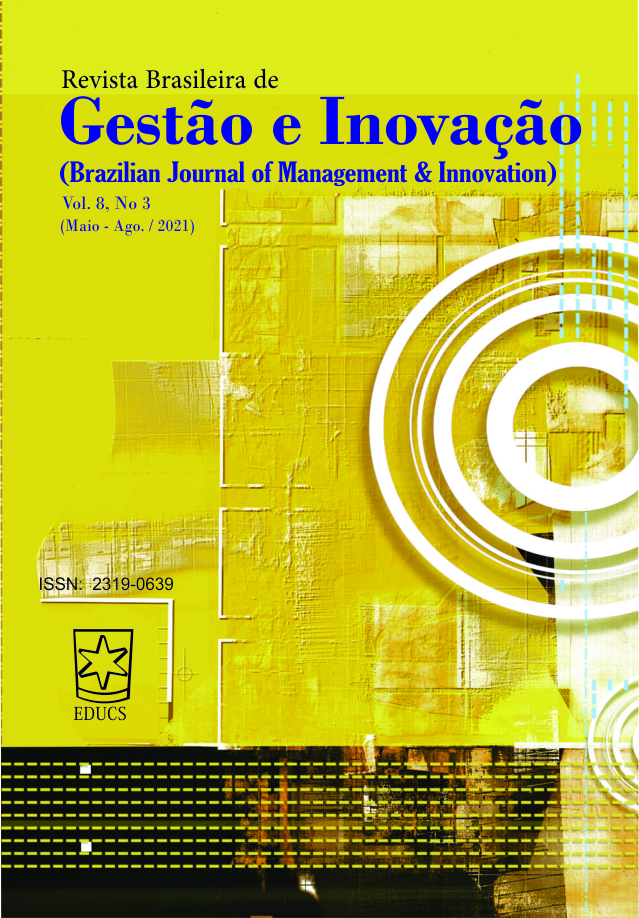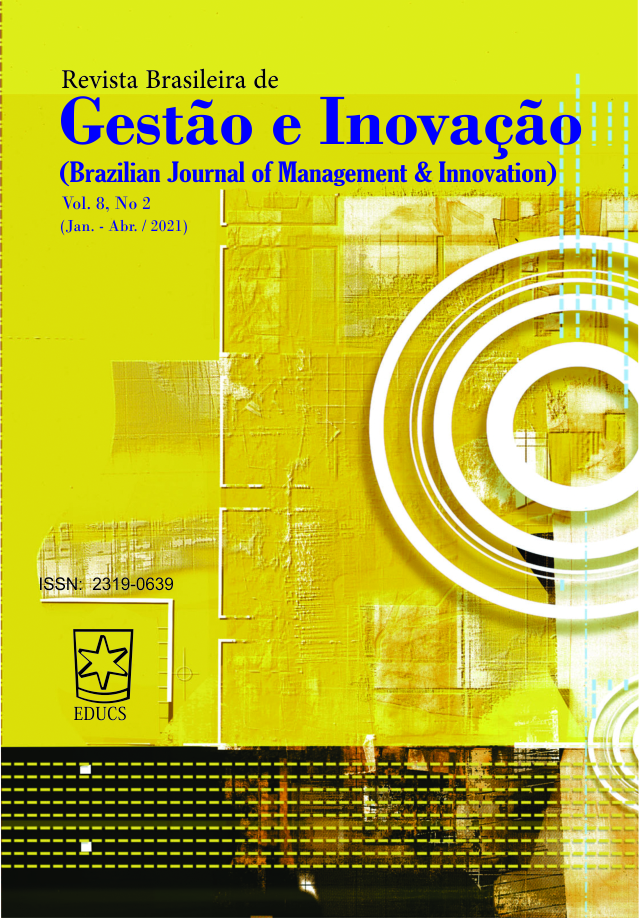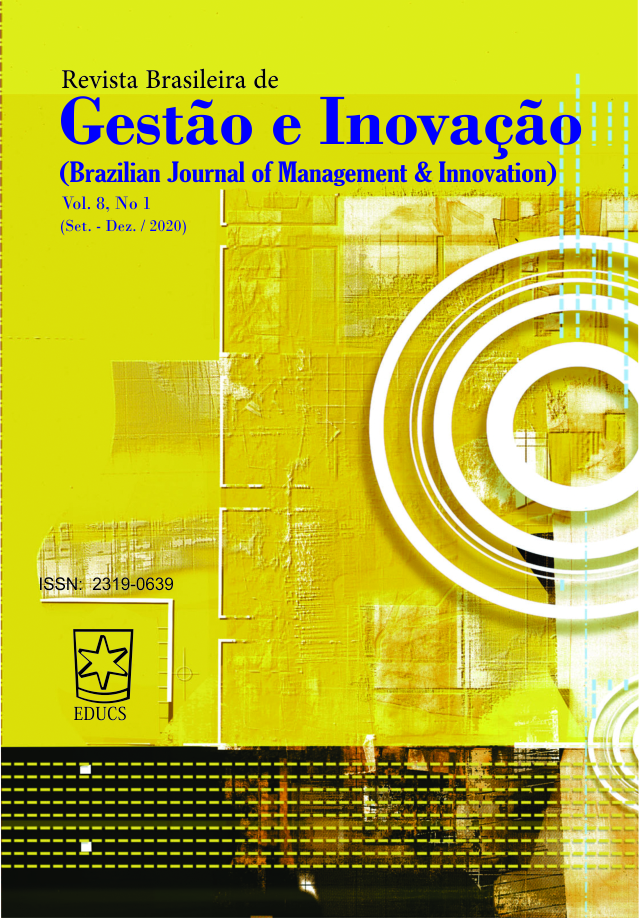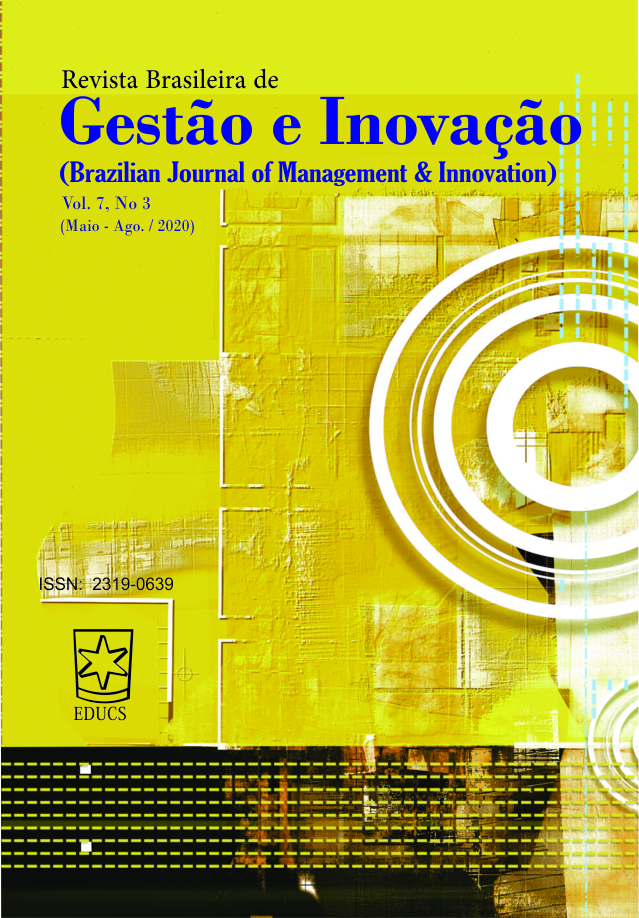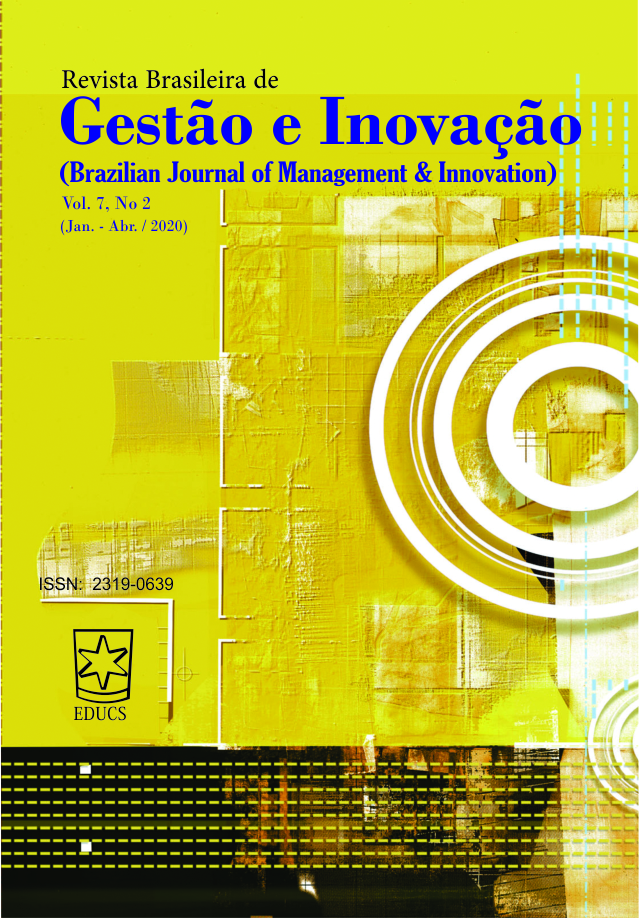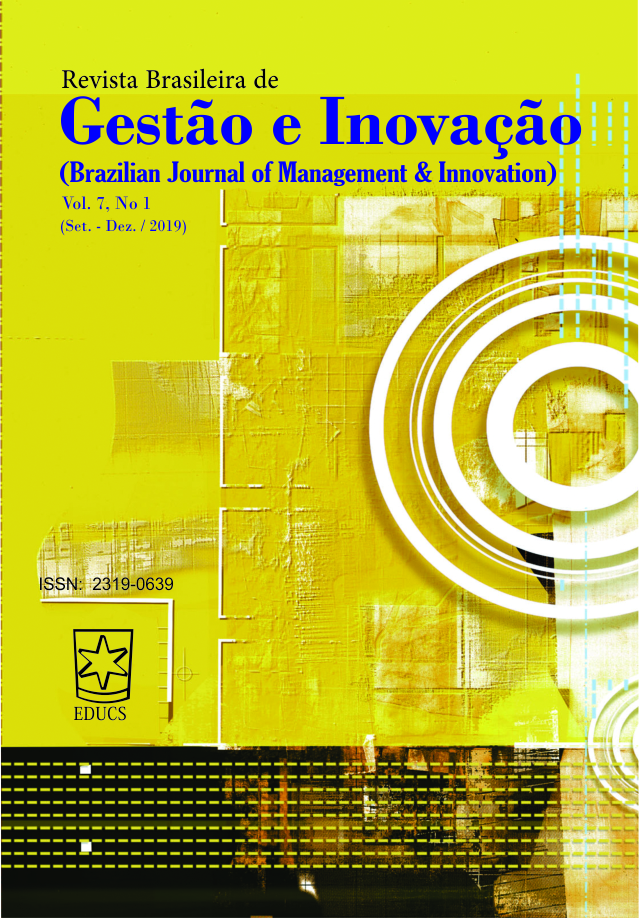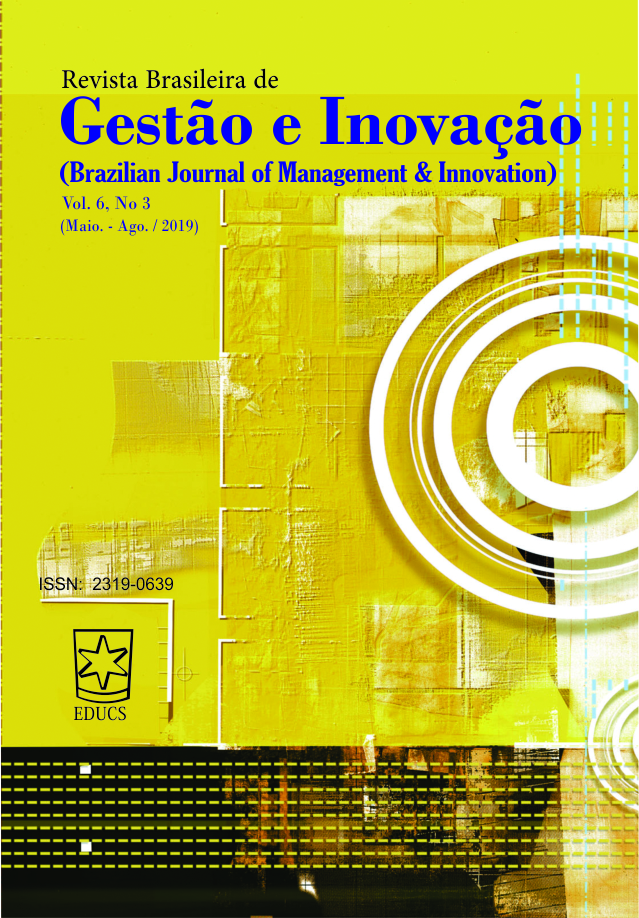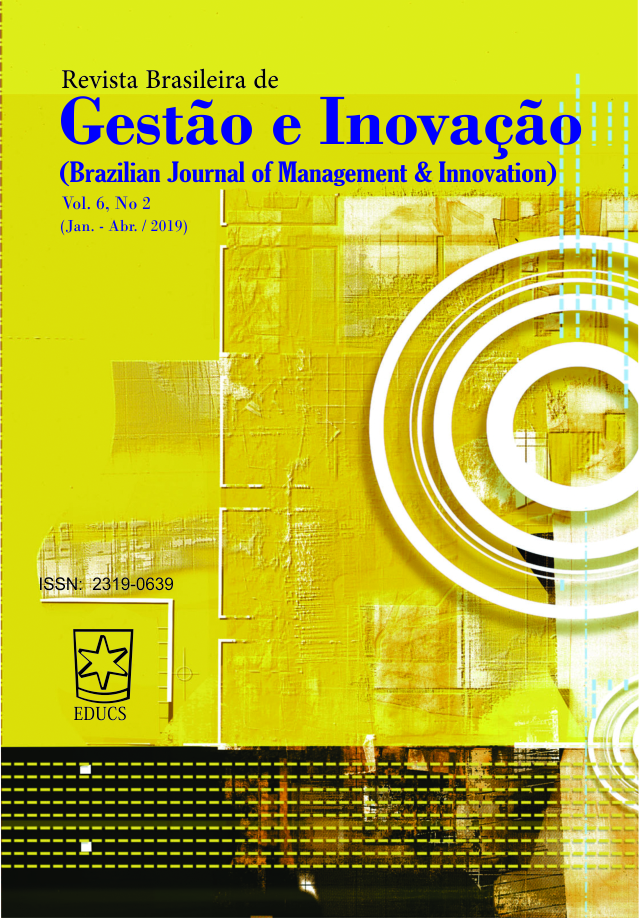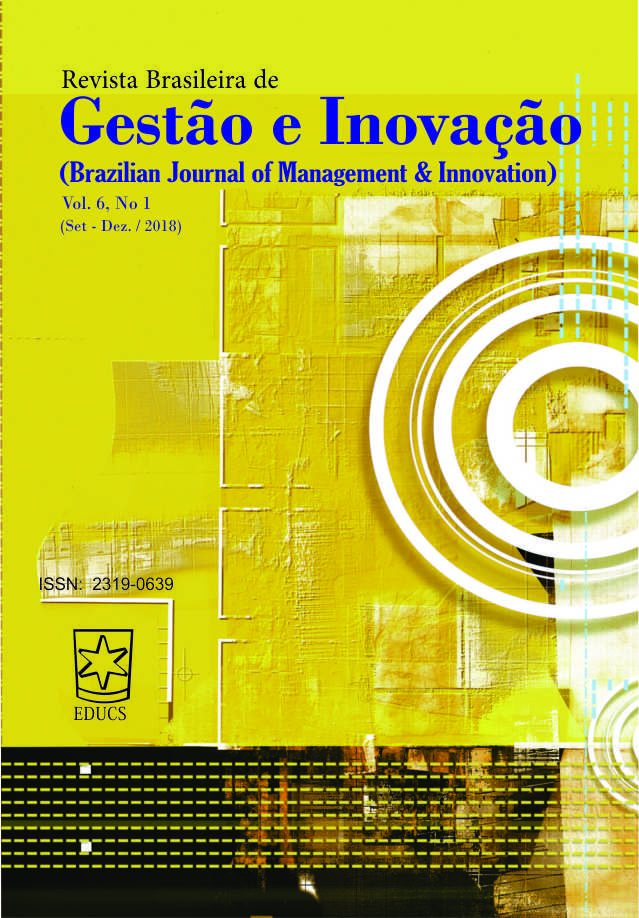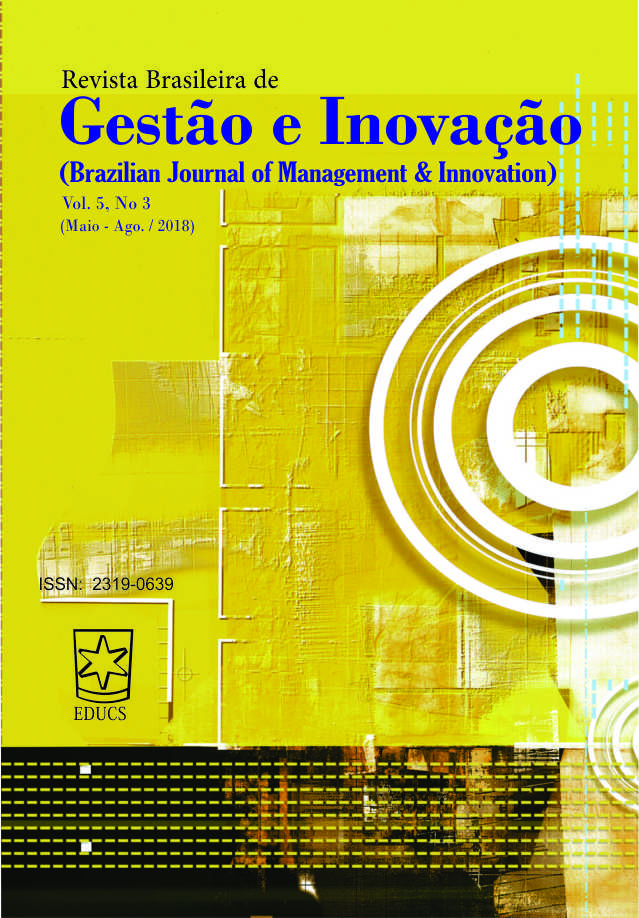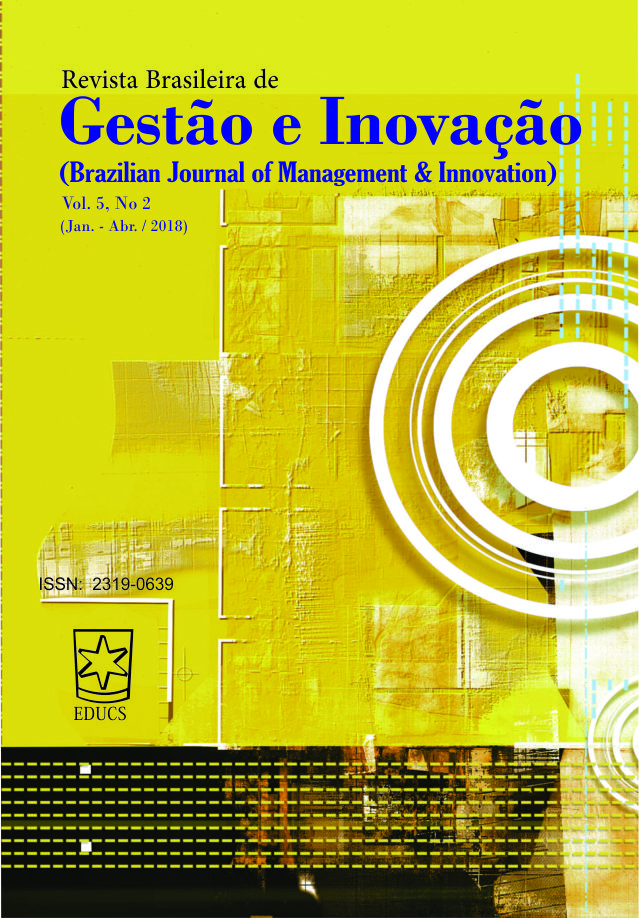Call for Papers: Service Studies 2030 - Advances and Challenges for Responsible Services and Resilient Societies
For the first time in Brazil, the RESER International Conference will take place in Brasília, bringing together researchers, policymakers, and industry leaders from around the world to discuss the future of service research and innovation.
The European Association for Research on Services (RESER) is an international network dedicated to advancing research, policy dialogue, and collaboration in the field of services, with a strong focus on innovation, service systems, and socio-economic development. The 36th RESER Conference is organized in partnership with the Latin American Network for Research on Services (REDLAS), strengthening connections between European and Latin American research communities and fostering global cooperation in service studies.
Held from October 28–30, 2026, the conference will provide a unique platform for international collaboration, knowledge exchange, and dialogue in Brasília, offering participants the opportunity to engage with leading scholars and practitioners while contributing to the advancement of service research worldwide.
You can access the Call for Papers here (deadline for short paper, 5th may).
Deadline for submission of Full Papers (from accepted Short Papers): September 15, 2026
https://reser.net/wp-content/uploads/2026/01/Call-for-papers_RESER-2026.pdf

